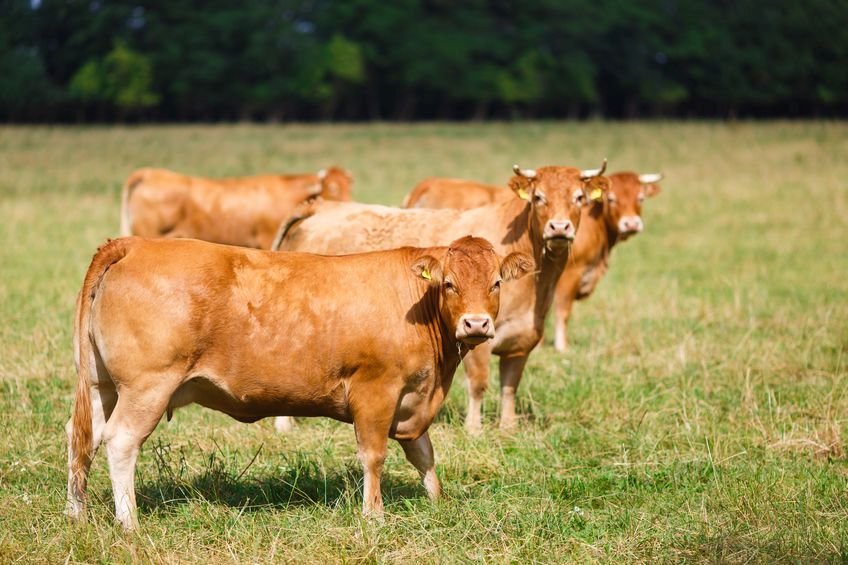
Northern Irish farmers have achieved a milestone in its BVD eradication efforts with 900 farmers receiving confirmation their herd is at ‘low risk’ for the disease.
Bovine virus diarrhea (BVD) is a highly contagious disease in cattle that causes immunosuppression and reproductive failure.
The disease can reduce fertility, increase incidences of abortion and cause pneumonia in affected stock, creating drastic, long-lasting personal and financial effects on all affected farms.
Herds are deemed low risk for BVD when all cattle in the herd over five weeks of age have a BVD negative status, the herd has been in the eradication programme for more than three years, and no BVD positive animals have been identified within the head in the last 12 months.
Ulster Farmers' Union (UFU) deputy president, David Brown said the milestone is a “great achievement”.
“All these farmers are to be commended for the work they are doing to see this costly disease eliminated,” he said.
“Being BVD free helps to lower the cost of production, increase feed conversion, decrease the need for antimicrobials, and improve animal health and welfare. All wins for any farm business,” said Mr Brown.
'Persistently infected'
There has been a reduction in BVD levels in recent months; however, there is still work to be done if Northern Ireland is to be BVD free.
Mr Brown added: “The single most crucial action farmers can take to eradicate this disease is to promptly identify and remove BVD positive animals from their herds.
“These persistently infected (PI) animals continually shed the virus, putting healthy cows and neighbouring herds at risk,” he said.
Despite a large number of farmers achieving low risk status and reduced levels of the disease, farmers cannot afford to become complacent, the UFU said.
“We must continue to source animals responsibly, follow good biosecurity protocols, and discuss vaccination options with vets. The number of low risk herds is very encouraging and shows what can be achieved when everyone plays their part,” said the UFU deputy president.
